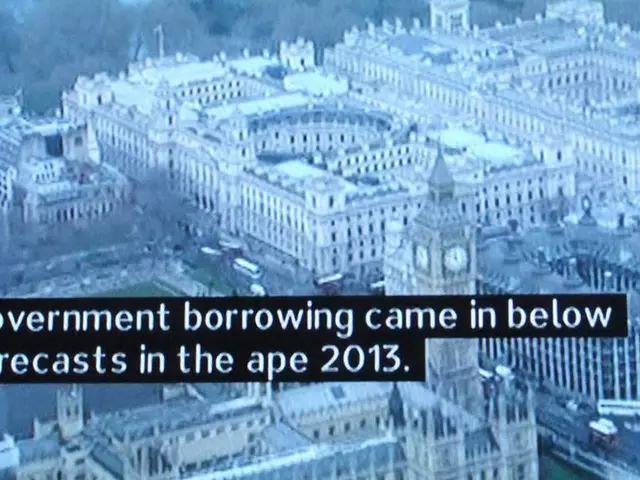U.S. Influence Persists in MENA Despite China, Russia Engagement
Amr Hamzawy, director of Carnegie's Middle East Program, recently discussed great power competition in the Middle East and North Africa (MENA) on 'The World Unpacked'. He challenged the prevailing narrative of a retreating U.S. influence and rising Chinese and Russian roles, instead highlighting the complex interplay of regional actors and their trade, military, and security ties.
Hamzawy suggests two key changes for U.S. strategy. Firstly, policymakers should acknowledge regional actors' ability to shop around for arms, trade, and security assurances. Secondly, they should better publicize U.S. diplomatic, educational, and economic cooperation achievements. This is crucial as U.S. military activities and silence on regional crises can negatively impact public favorability.
Research reveals a more nuanced picture on the ground. Despite Iran's strategic partnership with China, it maintains significant trade and military ties with the U.S. and the EU. Similarly, Russia's relevance to Iran lies mainly in military cooperation, particularly in sustaining the Bashar al-Assad regime and managing nonstate actors in Syria, Lebanon, and Iraq. China, however, has shown diplomatic prowess by mediating negotiations between Iran and Saudi Arabia, leading to a decrease in violence levels in the Yemen civil war.
The Middle East and North Africa's complex dynamics challenge the simplistic narrative of a U.S. retreat and Chinese, Russian rise. Regional actors maintain diverse ties, and U.S. influence persists despite increased engagement from Russia and China. To navigate this landscape effectively, U.S. policymakers must adapt their strategies, acknowledging regional actors' agency and communicating U.S. contributions more effectively.





